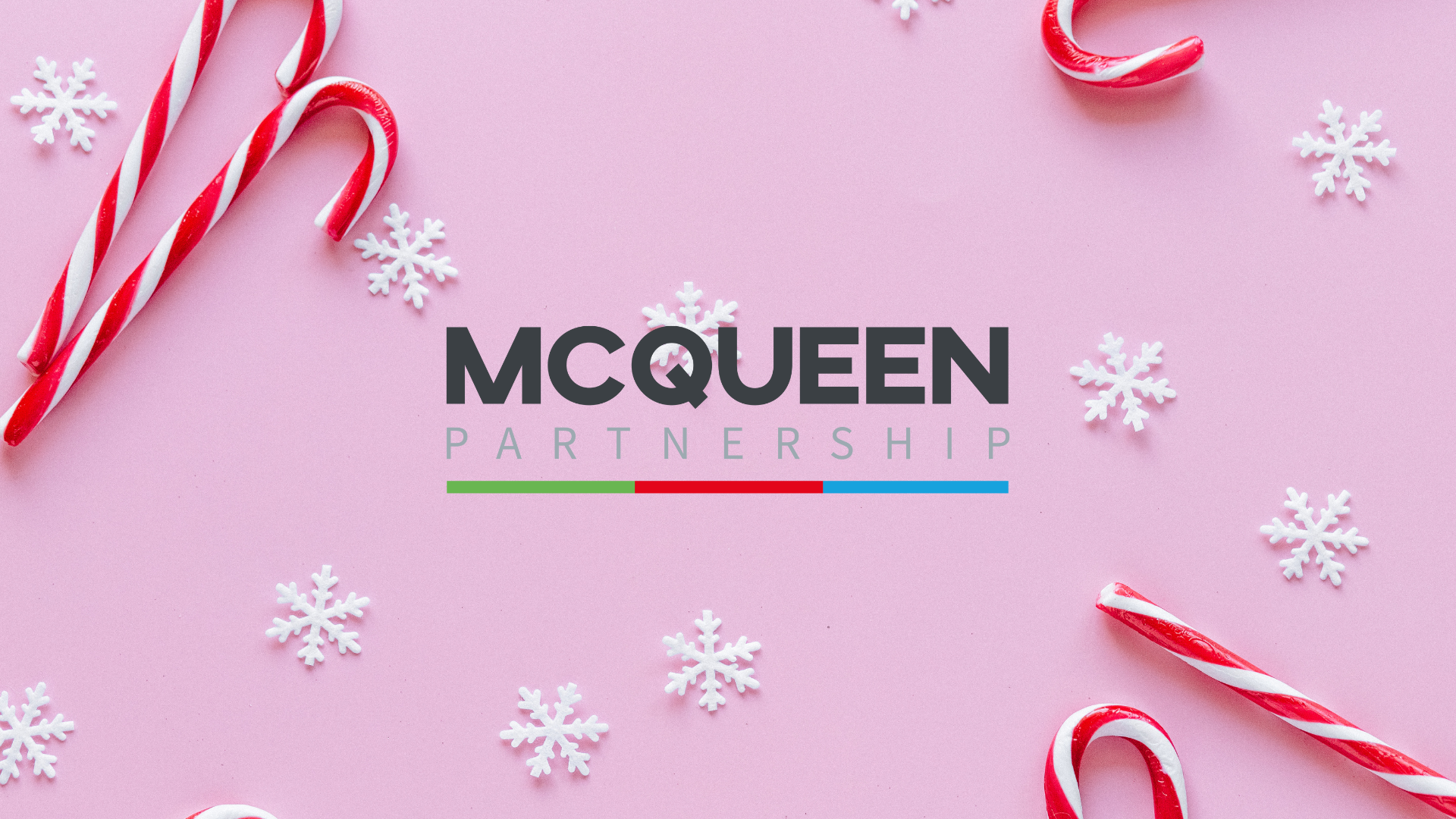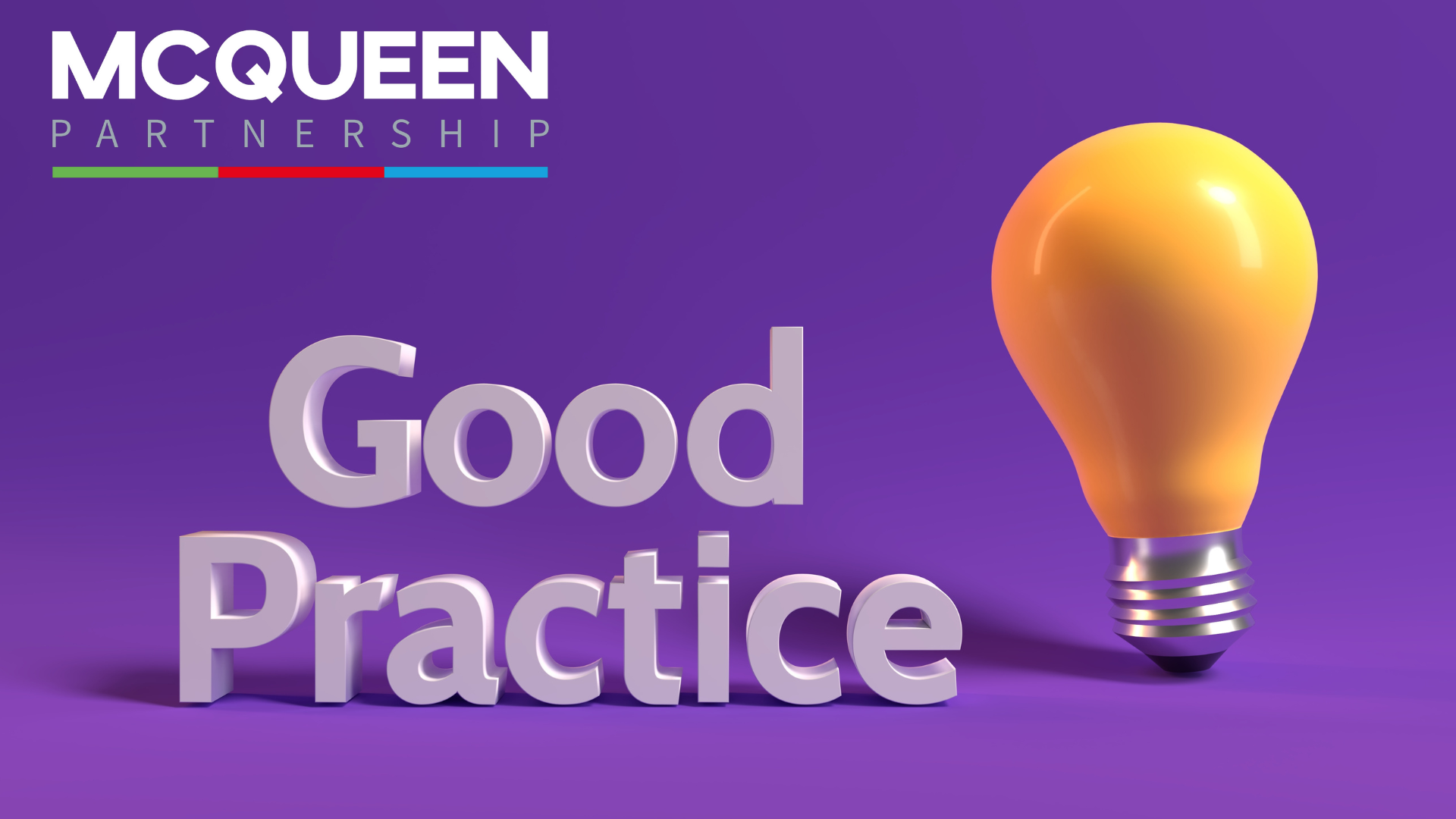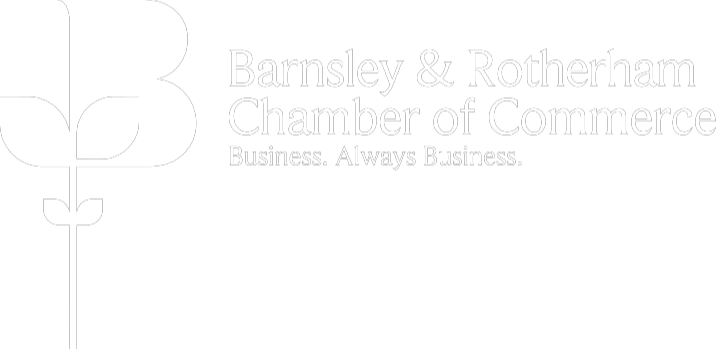CONTROL
COLLECT
CONSULT
Should I Hire a Debt Recovery Agency to Help Me Recover Overdue Debt?
Struggling with overdue debts? Explore the benefits and costs of hiring a debt recovery agency in our latest blog. Discover why it's worth considering, what to expect in fees, and how it could streamline your debt collection process.

Dealing with overdue debts can be a challenging and often frustrating aspect of managing a business or personal finances. When your attempts to collect payments go unanswered, you might be left wondering if it's time to seek professional help.
This blog explores the question: "Should I hire a debt recovery agency to help me recover overdue debt?" We will delve into the reasons why you might consider this option, the potential benefits, costs involved, and key factors to weigh before making a decision.
Is it Worth Using a Debt Collection Agency?
One of the first questions you might have is whether it's worth enlisting the services of a debt collection agency. The answer depends on various factors, including the nature of your debt, your resources, and your willingness to devote time and effort to recovery. Here are some reasons why hiring a debt collection agency could be beneficial:
- Expertise: Debt collection agencies specialize in recovering debts. They have experienced professionals who understand the intricacies of negotiation and legal procedures, increasing the chances of success.
- Time and Resources: Pursuing overdue debts can be time-consuming. By outsourcing this task, you free up your resources to focus on core business activities.
- Preservation of Relationships: Using a third-party agency can help maintain positive relationships with clients or customers, as it separates the debt recovery process from your direct interaction.
What is the Average Cost of a Collection Agency?
Understanding the potential costs involved is crucial when deciding whether to hire a debt recovery agency. Collection agencies typically charge their fees based on various factors, such as the amount of the debt, its age, and the complexity of the case. The average cost can vary widely, but it's essential to weigh these expenses against the potential benefits of debt recovery.
How Much Do Debt Collection Agencies Charge?
Debt collection agencies typically charge fees in one of three ways:
- Flat Fee: Some agencies charge a fixed fee for their services. This fee might be based on the age and amount of the debt, ranging from a percentage of the total debt to a predetermined flat rate.
- Contingency Fee: Many agencies work on a contingency basis, meaning they only get paid if they successfully recover the debt. Their fee is a percentage of the amount collected, which typically ranges from 5% to 50% depending on the circumstances.
- Hourly Fee: In some cases, agencies charge by the hour for their work, especially when legal actions are required.
How Much Does It Cost to Recover a Debt?
The total cost to recover a debt through a collection agency will depend on the method of charging, the complexity of the case, and the success of the recovery process. While fees can add up, the potential benefits often outweigh the expenses, especially when dealing with larger or older debts.
The decision to hire a debt recovery agency should be made after careful consideration of your specific circumstances. While there are costs involved, the expertise and resources these agencies bring to the table can significantly improve your chances of successful debt recovery.
Ultimately, the choice will depend on the nature and size of the debt, your resources, and your willingness to engage in the recovery process.
If you decide to explore the option of hiring a debt recovery agency, McQueen Partnership offers professional debt recovery services.
You can learn more about our Debt Recovery services here and contact us for personalised assistance in your debt recovery journey.
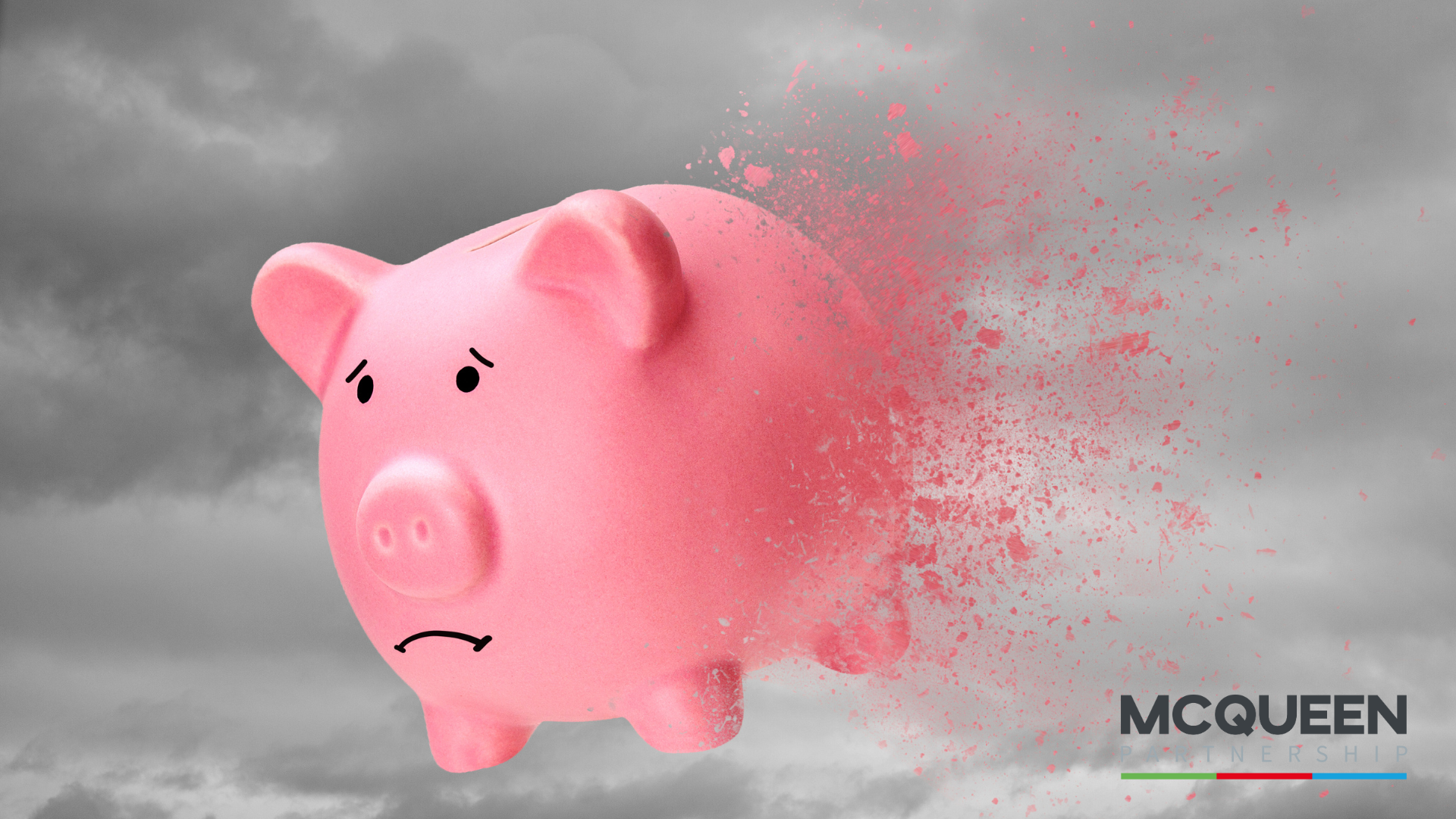

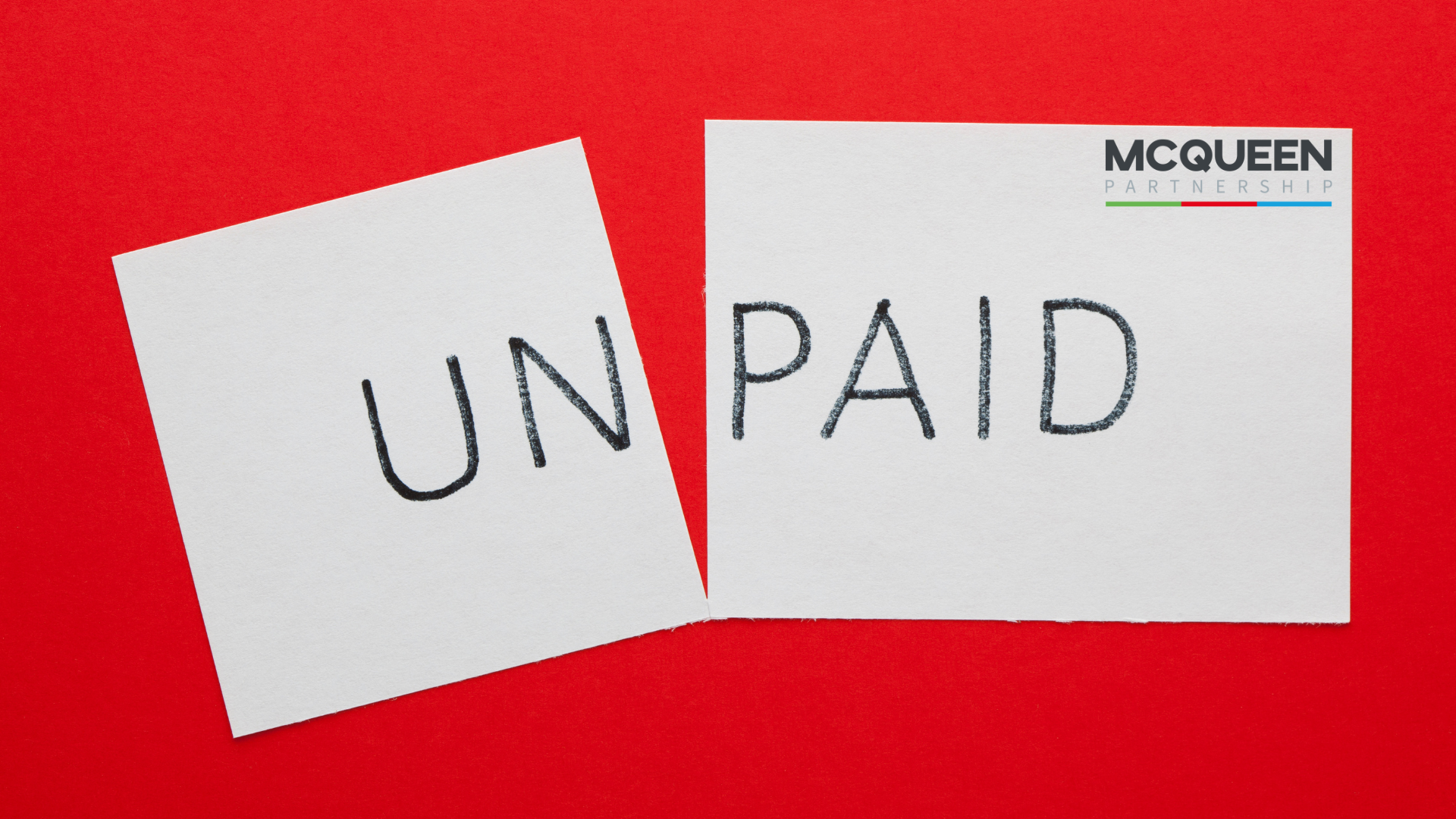
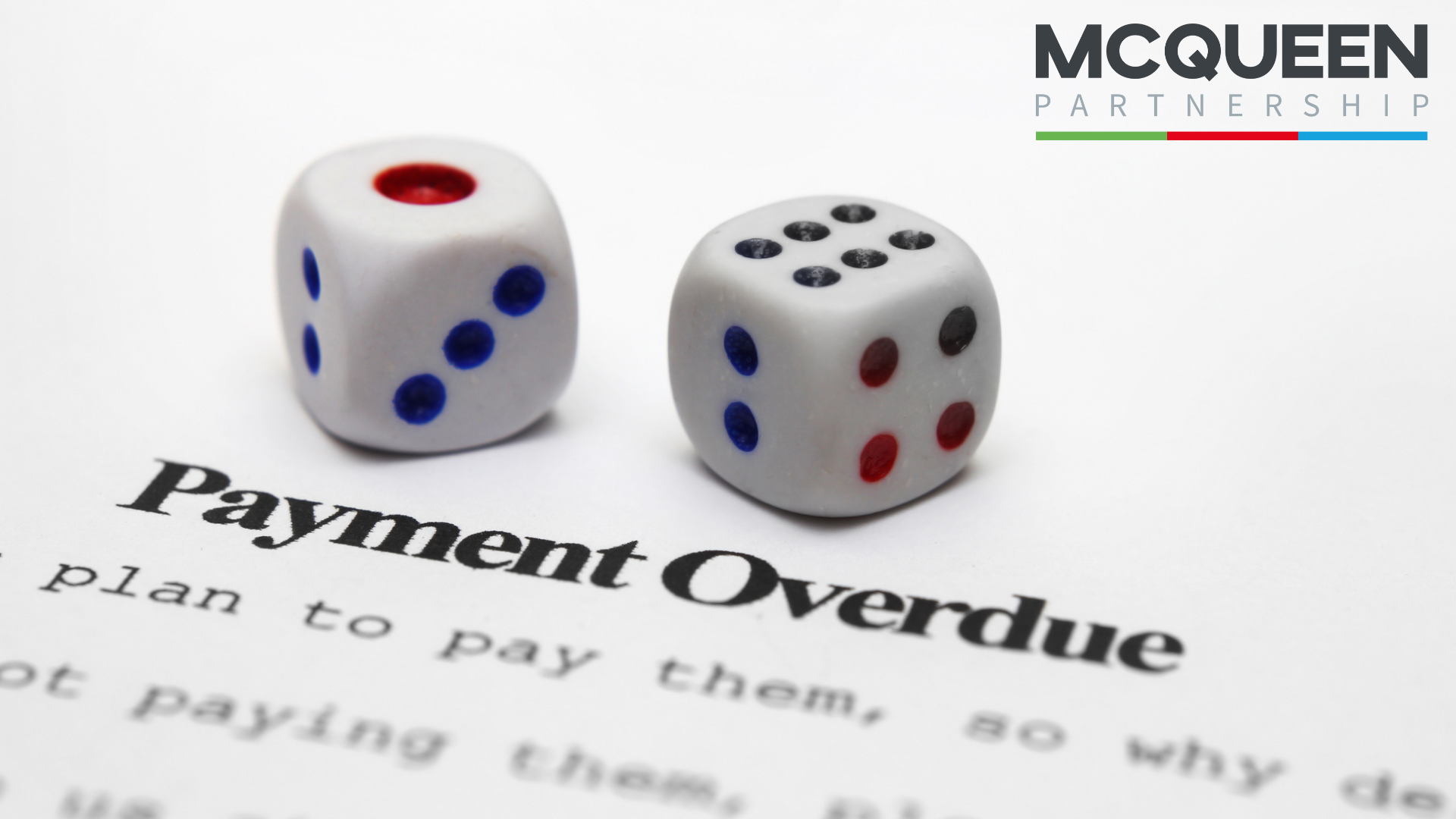


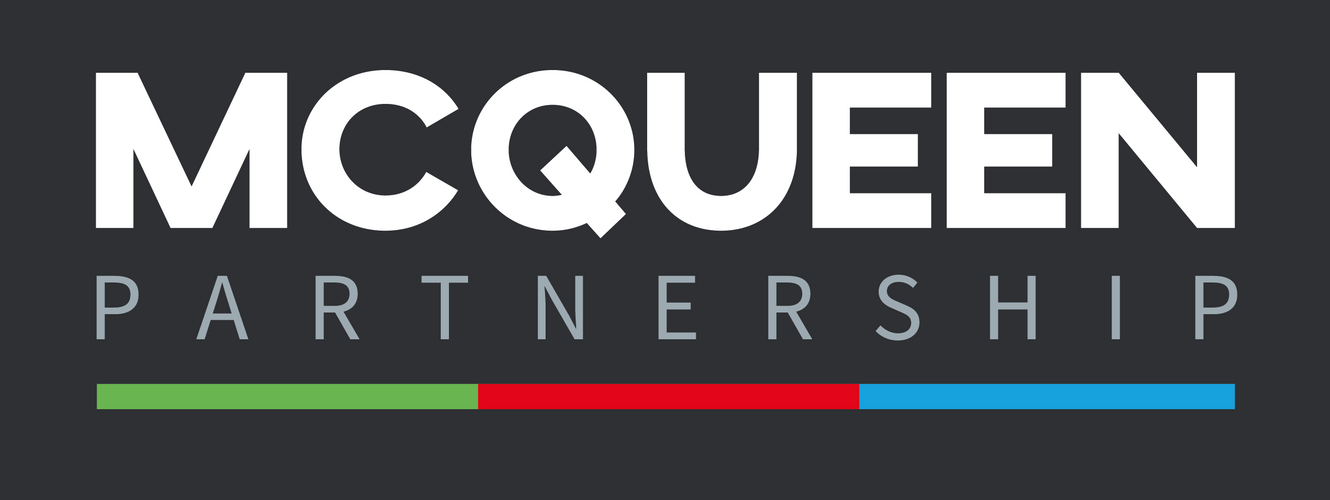
Professional, fast, effective, and results-driven debt recovery and credit control solutions
McQ Partnership Ltd t/a McQueen Partnership Registered in England Number: 13301182 Registered Office: Holly House, 77 Bolling Road, Ilkley, West Yorkshire, England, LS29 8QA Data Protection License Number: ZB552876

